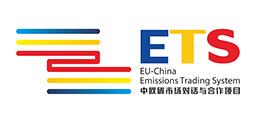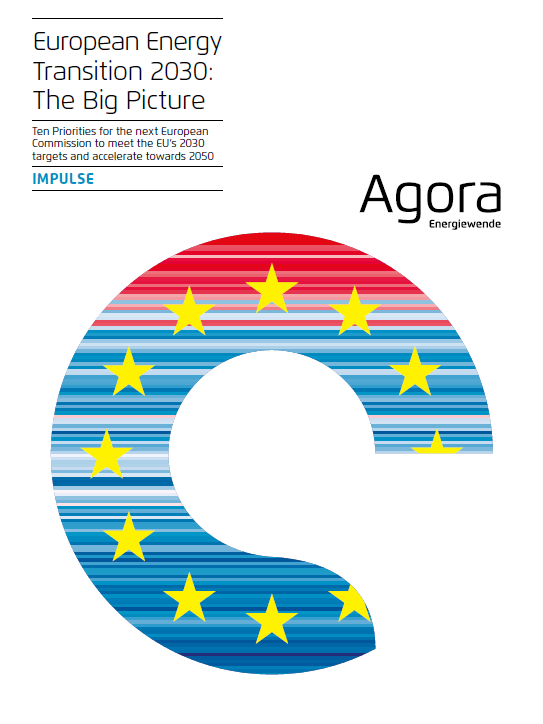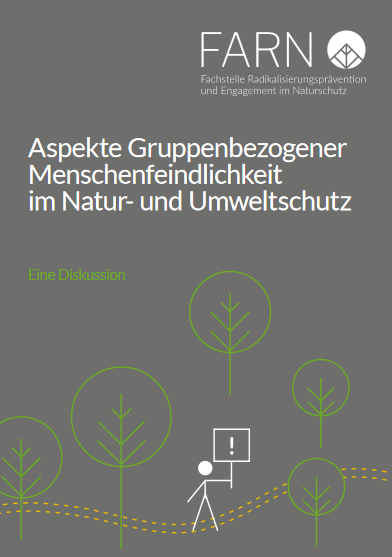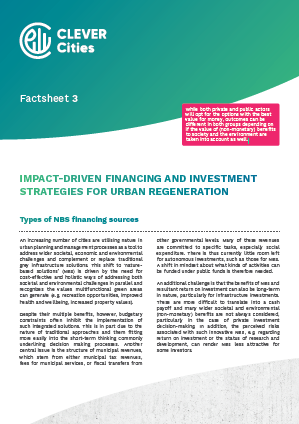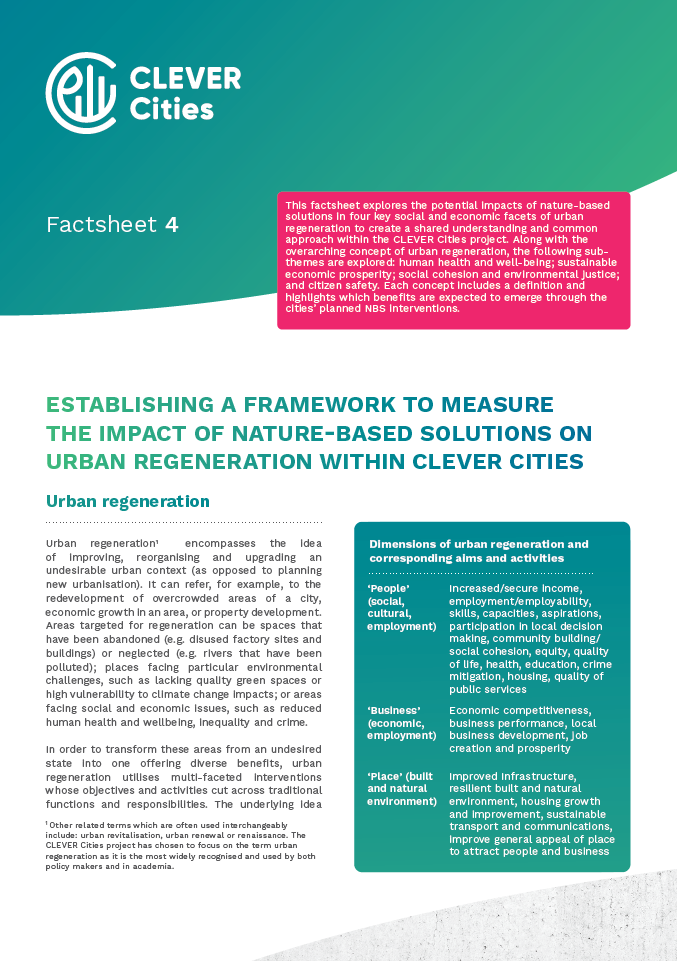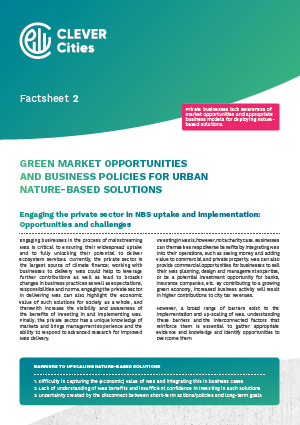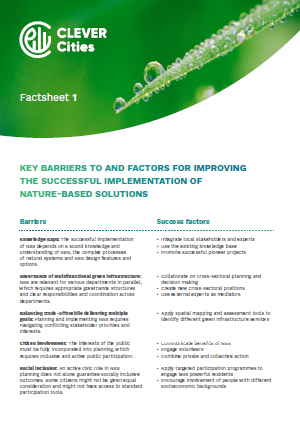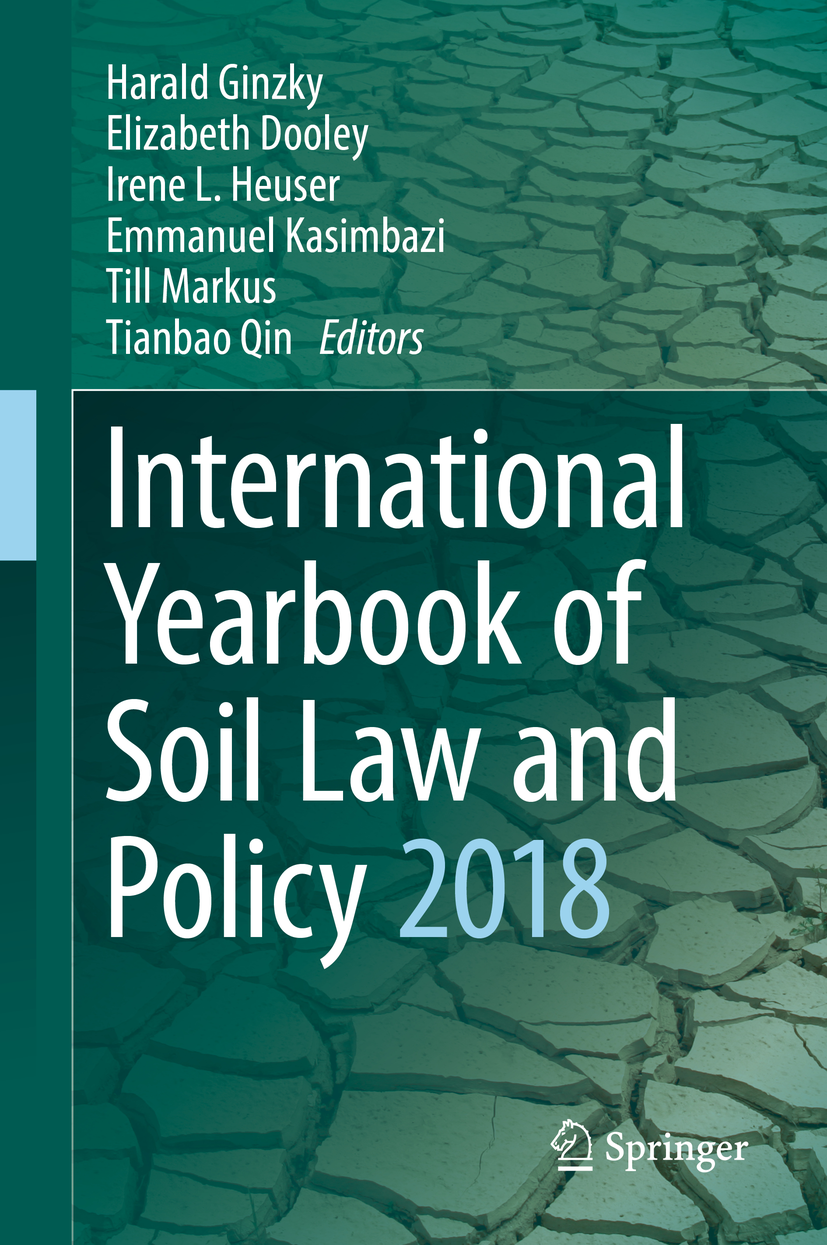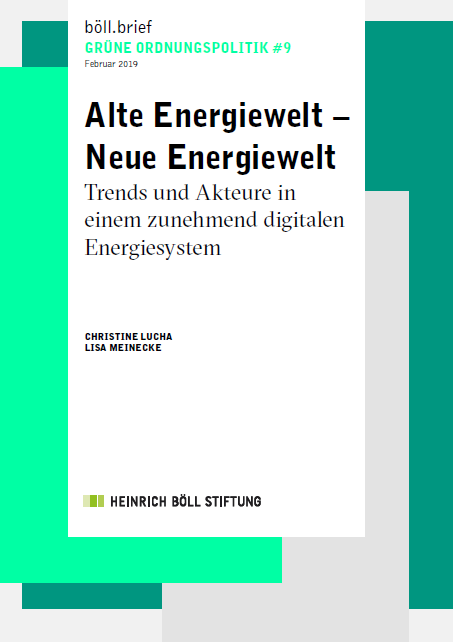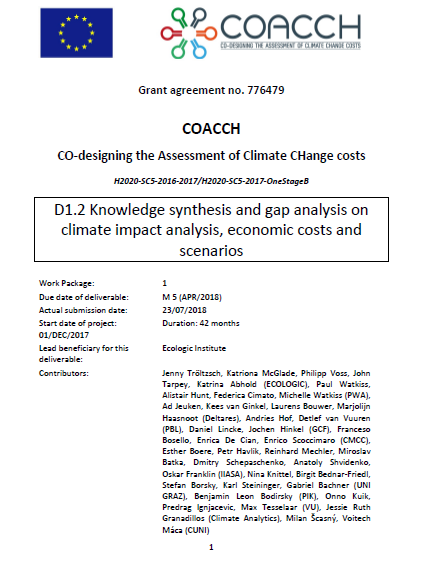Event:Workshop
Project
Publication:Report
European Energy Transition 2030: The Big Picture
Ten Priorities for the next European Commission to meet the EU's 2030 targets and accelerate towards 2050
Year
Read morePublication:Article
Publication:Fact Sheet
Impact-driven Financing and Investment Strategies for Urban Regeneration
CLEVER Cities Factsheet 3
Year
Read morePublication:Fact Sheet
Establishing a Framework to Measure the Impact of Nature-based Solutions on Urban Regeneration within CLEVER Cities
CLEVER Cities Factsheet 4
Year
Read morePublication:Fact Sheet
Green Market Opportunities and Business Policies for Urban Nature-based Solutions
CLEVER Cities Factsheet 2
Year
Read morePublication:Fact Sheet
Key Barriers to and Factors for Improving the Successful Implementation of Nature-Based Solutions
CLEVER Cities Factsheet 1
Year
Read morePublication:Report
Publication:Book Section
Land Take and Soil Sealing – Drivers, Trends and Policy (Legal) Instruments
Insights from European Cities
Year
Read morePresentation:Speech
Presentation:Chairing
Presentation:Lecture
Publication:Report
Alte Energiewelt – Neue Energiewelt
Trends und Akteure in einem zunehmend digitalen Energiesystem
Year
Read morePublication:Report
Knowledge Synthesis and Gap Analysis on Climate Impact Analysis, Economic Costs and Scenarios
Deliverable of the H2020 COACCH project
Year
Read more